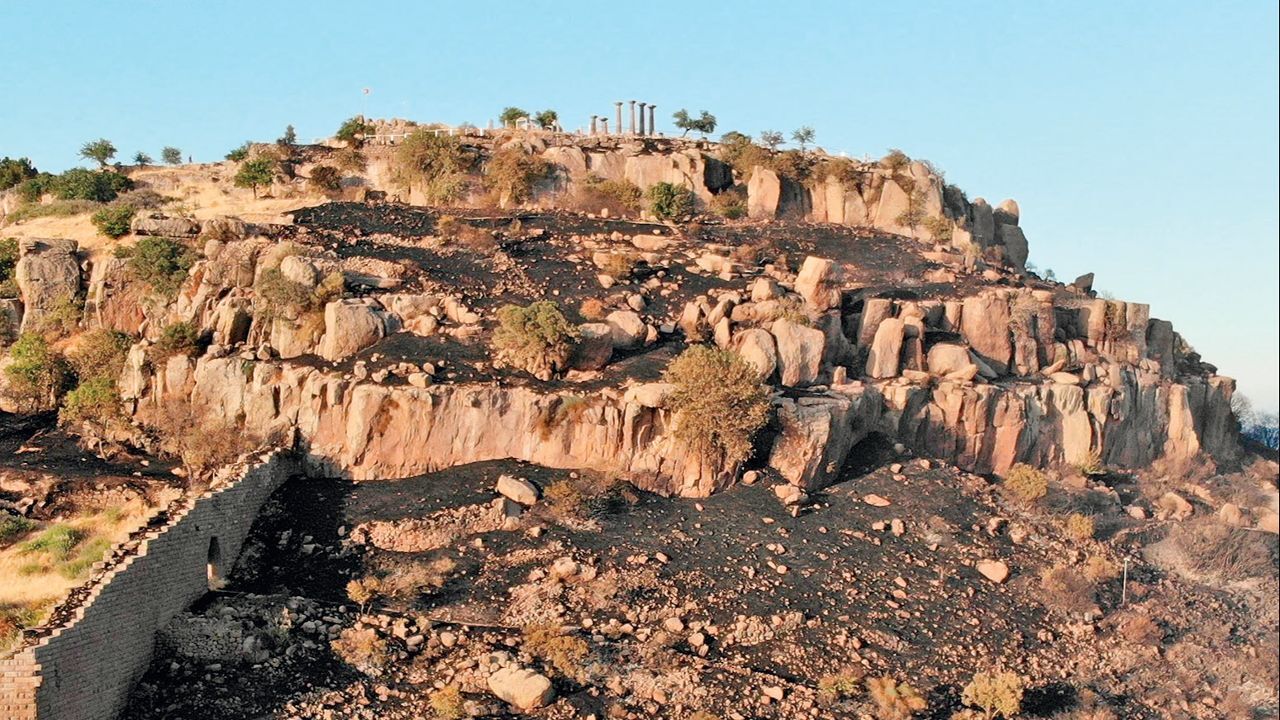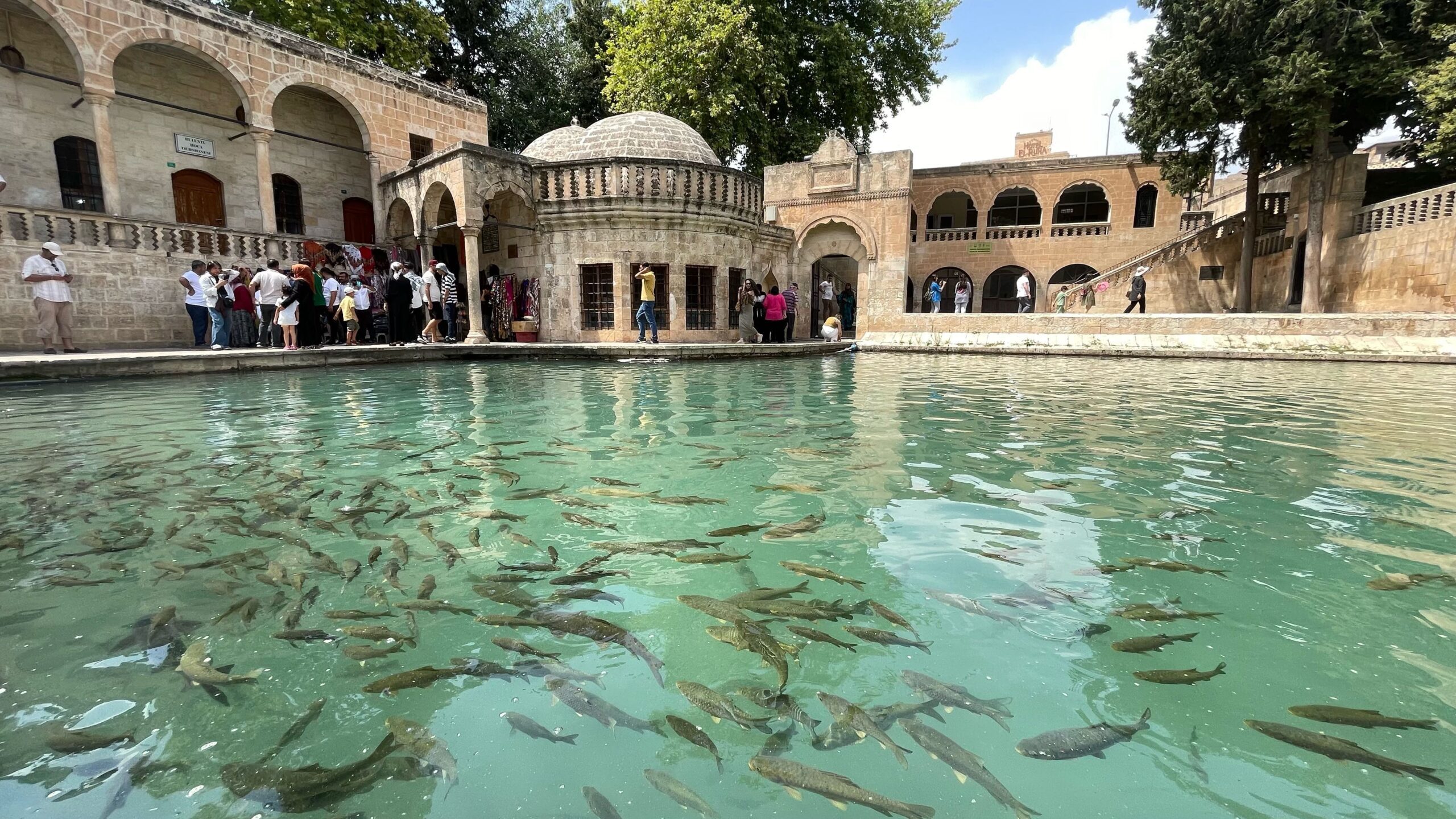5 archaeological discoveries that stood out in Türkiye in first half of 2024
 Map showing the location of Anatolia (Photo by Canva Stock)
Map showing the location of Anatolia (Photo by Canva Stock)
Unearthing Anatolia’s past: Treasures found in first half of 2024
Anatolia, also known as Asia Minor, is a region steeped in history, serving as a bridge between the East and the West. It has been home to some of the world’s earliest and most influential civilizations, including the Hittites, Phrygians, Lydians, and the ancient Greeks and Romans.
Throughout millennia, Anatolia has witnessed the rise and fall of empires, from the mighty Byzantine and Ottoman Empires to the flourishing classical cities of Ephesus and Troy. This land’s rich and diverse past is reflected in its vast archaeological heritage, making it a treasure trove for historians and archaeologists alike.
The archaeological landscape of Anatolia is incredibly rich and varied, offering insights into the lives and cultures of its ancient inhabitants. Excavations across the region have unearthed spectacular finds, from elaborate burial mounds and intricate mosaics to grandiose temples and well-preserved urban centers.
Each discovery sheds light on different aspects of ancient life, including art, religion, commerce, and daily routines. The continued exploration and study of these sites not only enhance our understanding of Anatolia’s historical significance but also contribute to the broader narrative of human civilization.
Here are five archaeological discoveries made in Türkiye in first half of 2024:
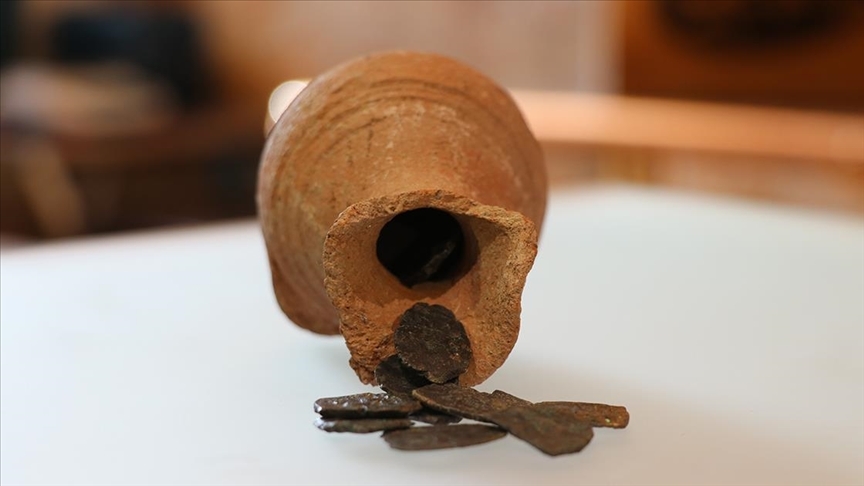
1,400-year-old coinbox discovered in Karabuk
In Hadrianopolis Ancient City in Karabuk’s Eskipazar district, archaeologists uncovered 10 coins approximately 1,400 years old inside a jar. The excavation, led by associate professor Ersin Celikbas from Karabuk University, revealed these coins, shedding light on the site’s history during the Late Chalcolithic, Roman, and Early Byzantine periods.
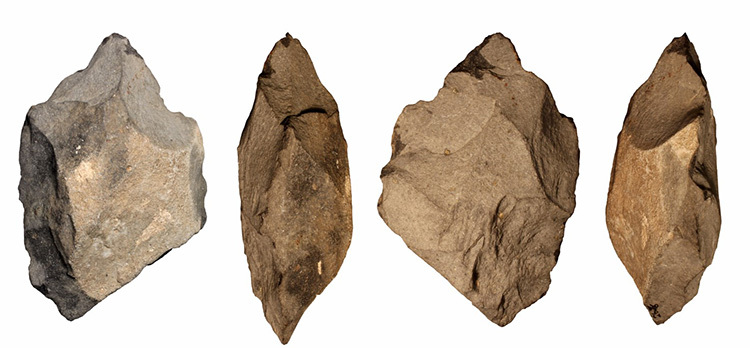
11,000-year-old findings in Karaburun
Surface surveys in Karaburun, located in Izmir province, have uncovered archaeological evidence of nomadic hunter-gatherer groups from 11,000 years ago. The research around Yeni Liman (New Port) discovered Izmir’s oldest known site, with stone tools dating back to the Lower and Middle Paleolithic periods. These findings are significant for Western Anatolian prehistory, pushing back human presence in the area by years.
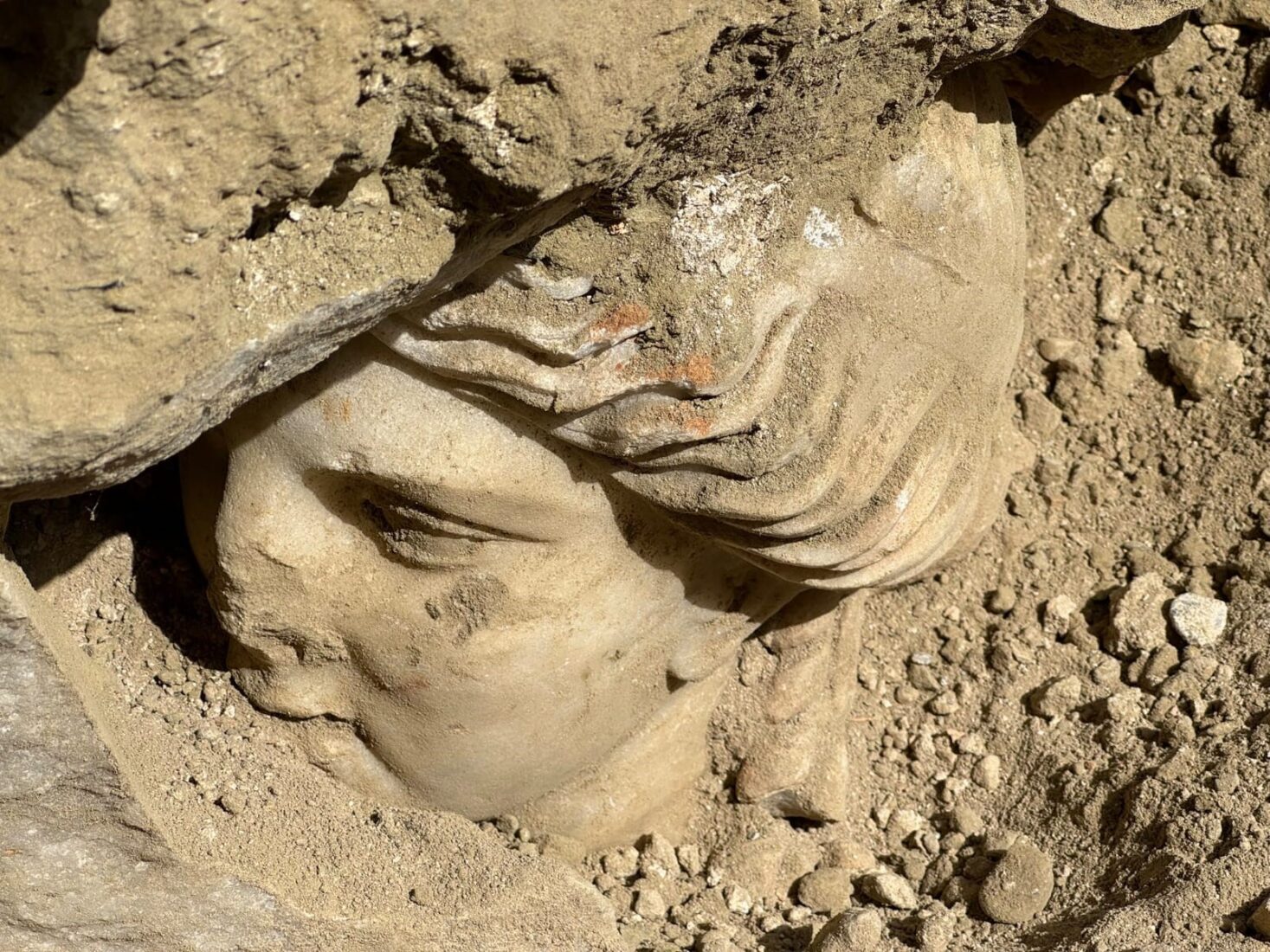
Hygieia sculpture head unearthed in Laodicea
In Laodicea, an important ancient city in Denizli known for its status as Türkiye’s second largest ancient city after Ephesus, excavations led by professor Celal Simsek have uncovered the finely crafted head of Hygieia, the goddess of cleanliness and health in Greek and Roman mythology. The ongoing excavations have revealed numerous historical artifacts dating back to 5,500 B.C., contributing to the UNESCO World Heritage tentative list.
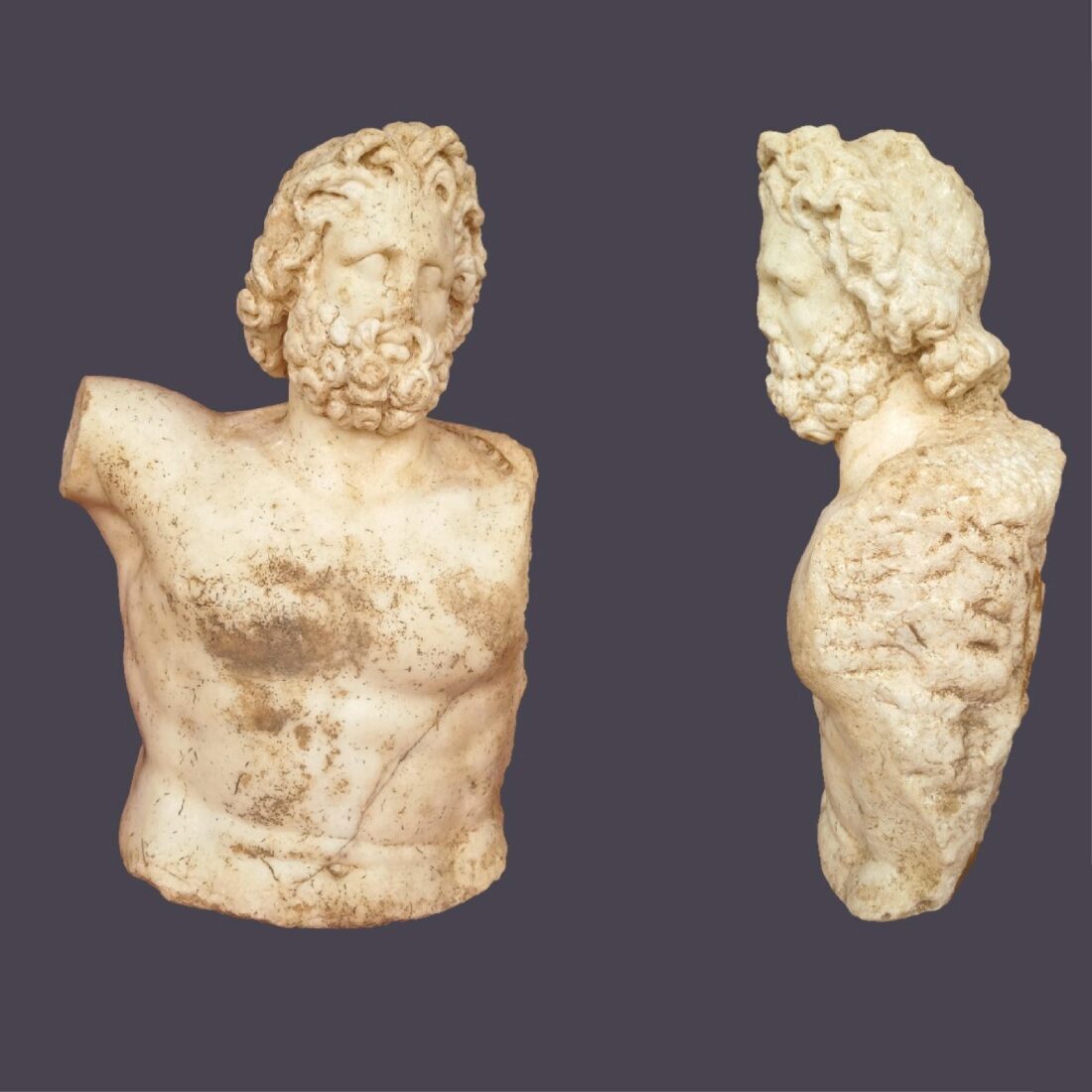
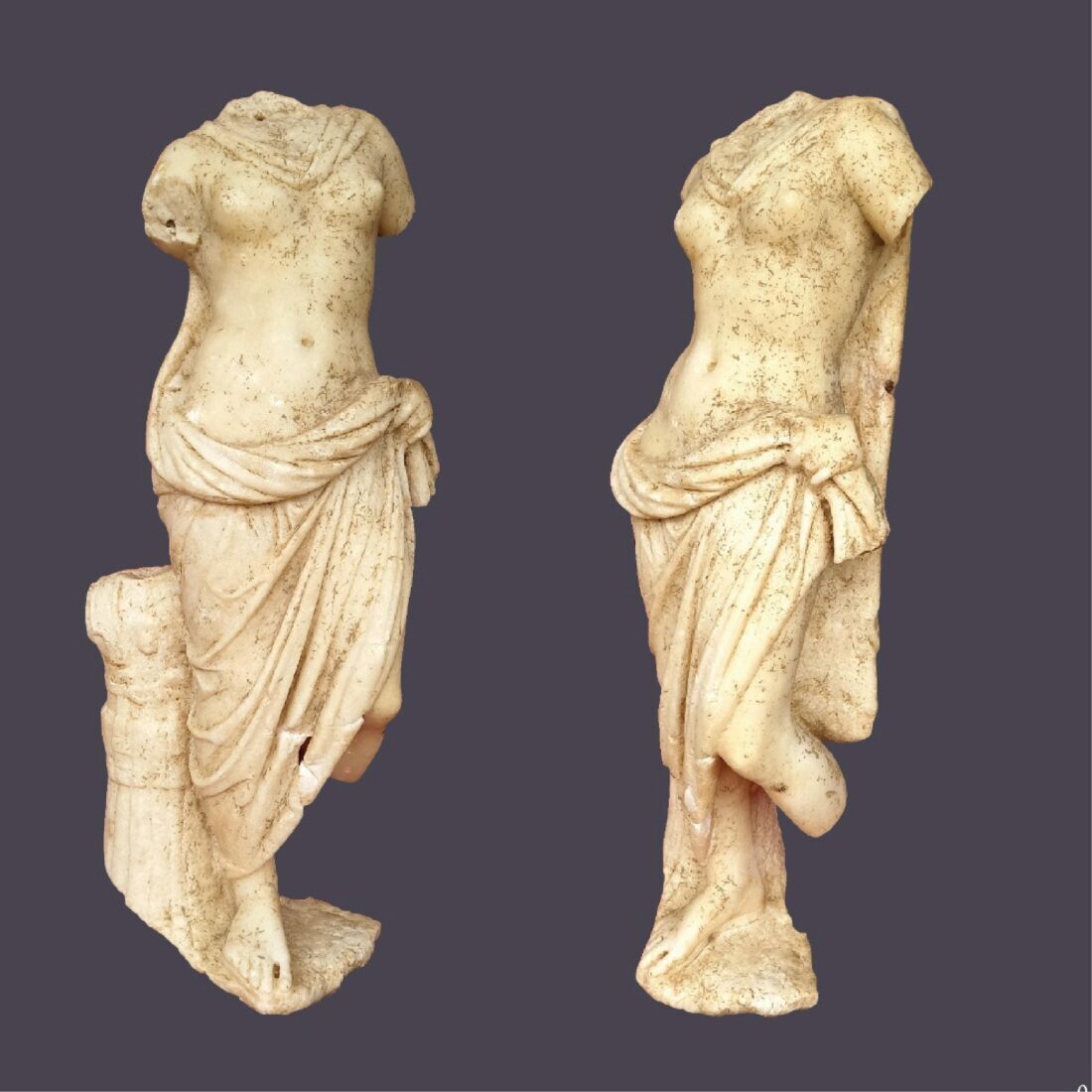
Ancient Zeus and Aphrodite statues found in Aspendos
Excavations in Aspendos, located in Antalya province, have uncovered approximately 2,000-year-old statues of Zeus and Aphrodite. These sculptures were discovered in a two-story shop complex within the agora area of the ancient city, showcasing the artistic and cultural heritage of the Roman period. The excavations are led by associate professor Mustafa Bilgin from Afyon Kocatepe University, under the “Legacy for the Future Project” initiated by the Ministry of Culture and Tourism.
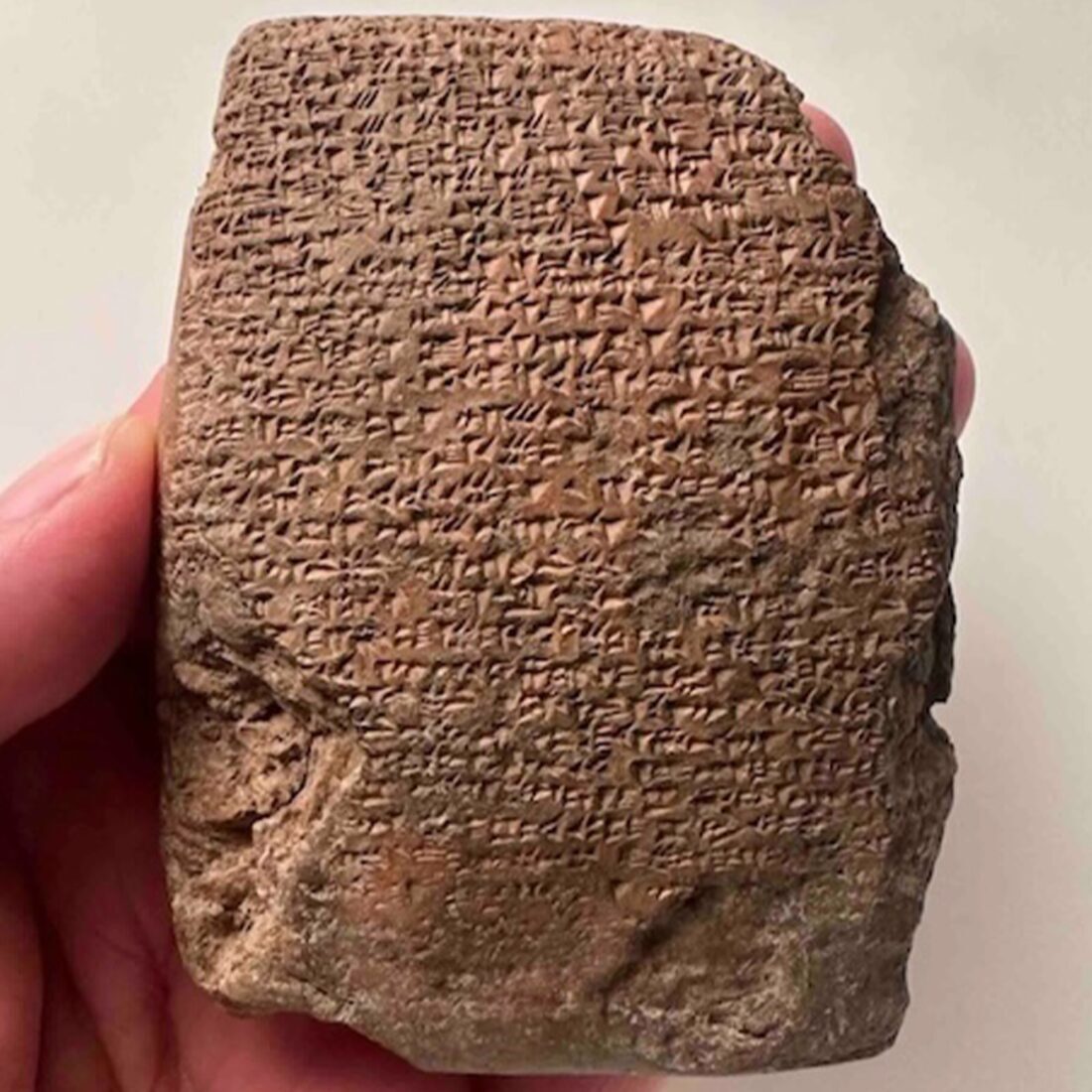
3,300-year-old tablet reveals secrets of Hittite Empire in Buklukale
Japanese archaeologist associate professor Kimiyoshi Matsumura, leading excavations at Buklukale in Kirikkale, Türkiye, has discovered a 3,300-year-old tablet from the Hittite Empire. The tablet, inscribed in Hittite and Hurrian languages, provides insights into the religious ceremonies of the Hittite royal family, mentioning Arzawa king Tarhuntarado and referencing a foreign invasion that affected the empire. This significant find at Buklukale highlights the site’s strategic importance in ancient times, contributing valuable historical insights.
